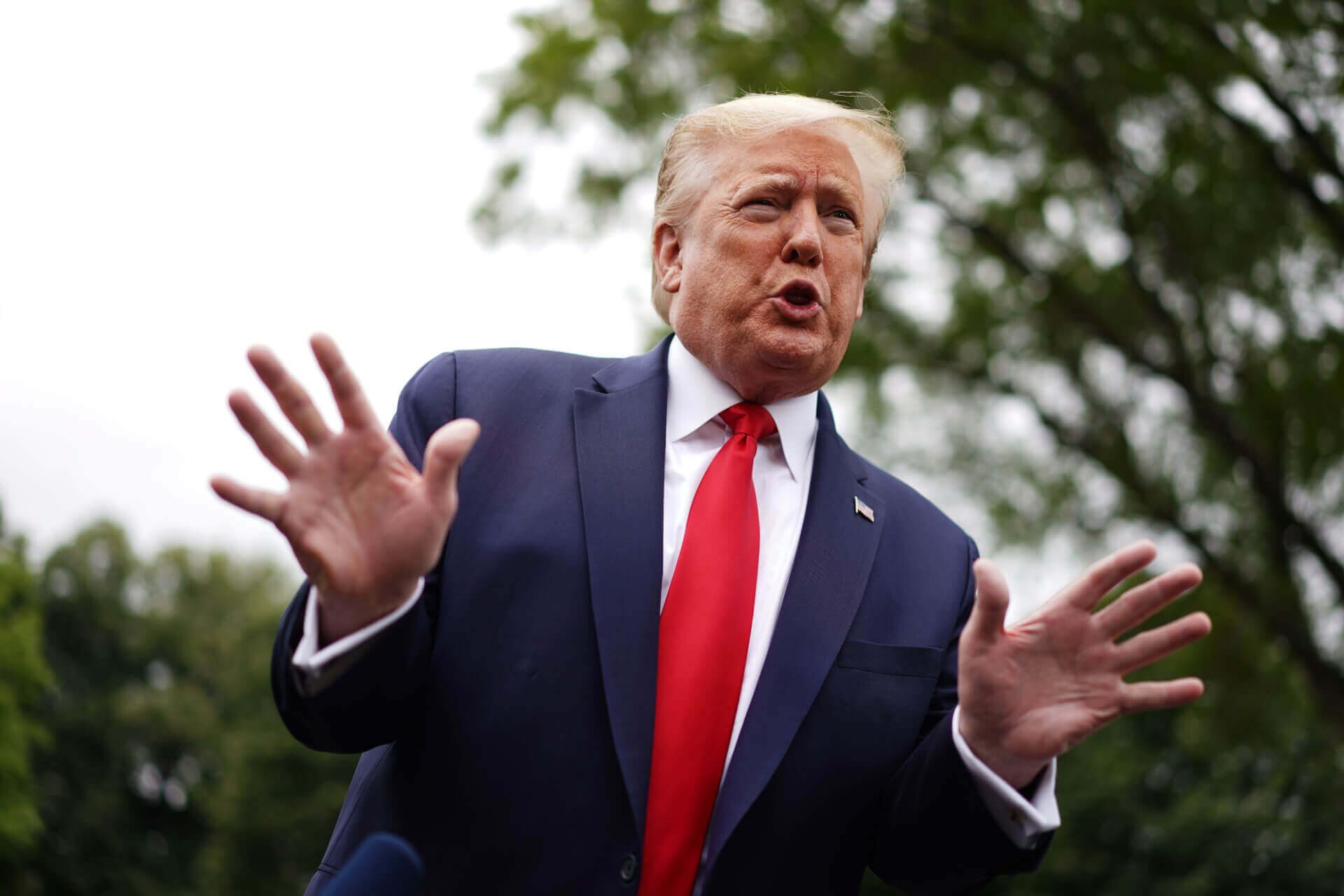The United States has said that it will withdraw from the ‘Open Skies Treaty’, which permits unarmed aerial surveillance flights over its 34 member nations. The accord — which was signed in 1992 — came into effect in 2002, and, according to the US Department of State, “is designed to enhance mutual understanding and confidence by giving all participants, regardless of size, a direct role in gathering information through aerial imaging on military forces and activities of concern to them”.
President Donald Trump cited Russia’s flouting of the treaty as the principal reason behind the withdrawal. “Russia didn’t adhere to the treaty, so until they adhere, we will pull out,” he told White House reporters on Thursday.
The agreement is meant to bolster confidence and provide members forewarning of surprise military attacks. It is a part of a broad range of arms control treaties aimed to ensure stability and predictability on the European continent and reduce the risk of conflict.
Trump’s decision could put also the 2010 New START accord–which imposes the last remaining limits on U.S. and Russian deployments of strategic nuclear arms to no more than 1,550 each–in peril. It expires in February, and arms control advocates and lawmakers have been concerned about the administration’s handling of the agreement, which, if not renewed, would place no limits on the world’s two largest nuclear arsenals. However, National Security Advisor Robert O’Brien has said that he does not expect US to pull out of the accord, and will enter into good faith negotiations with Moscow.
Speaking at a Hudson Institute event in Washington DC, US Arms Control Negotiator Marshall Billingslea announced on Thursday that he was already in communication with his Russian counterpart, Deputy Foreign Minister Sergei Ryabkov, to “begin crafting the next generation of nuclear arms control measures”. He also emphasized that the talks must be based on Trump’s vision for a trilateral arms control deal that includes China. Beijing is estimated to have about 300 nuclear weapons and has repeatedly rejected Trump’s proposal. Moscow has previously called the idea of pulling in China unrealistic, given its reluctance to take part in any agreement that would reduce its already relatively smaller nuclear arsenal. Billingslea declined to expand on what would happen to New START if China does not get involved.
The Open Skies Treaty is not the first major arms control agreement that the US will abandon under President Donald Trump. Last year, his administration pulled the United States out of the Immediate-range Nuclear Forces Treaty with Russia. Though lawmakers have expressed their dismay at the news and have warned that it will only reduce US leadership and undermine global security, Trump seems confident that it will bring Russia to the table for a discussion, rather than increasing tensions. “I think what’s going to happen is we’re going to pull out and they’re going to come back and want to make a deal” the President said.
Image Source: Deccan Herald
US to Pull Out Of Open Skies Treaty, Blames Russia for Non-Compliance
May 22, 2020

